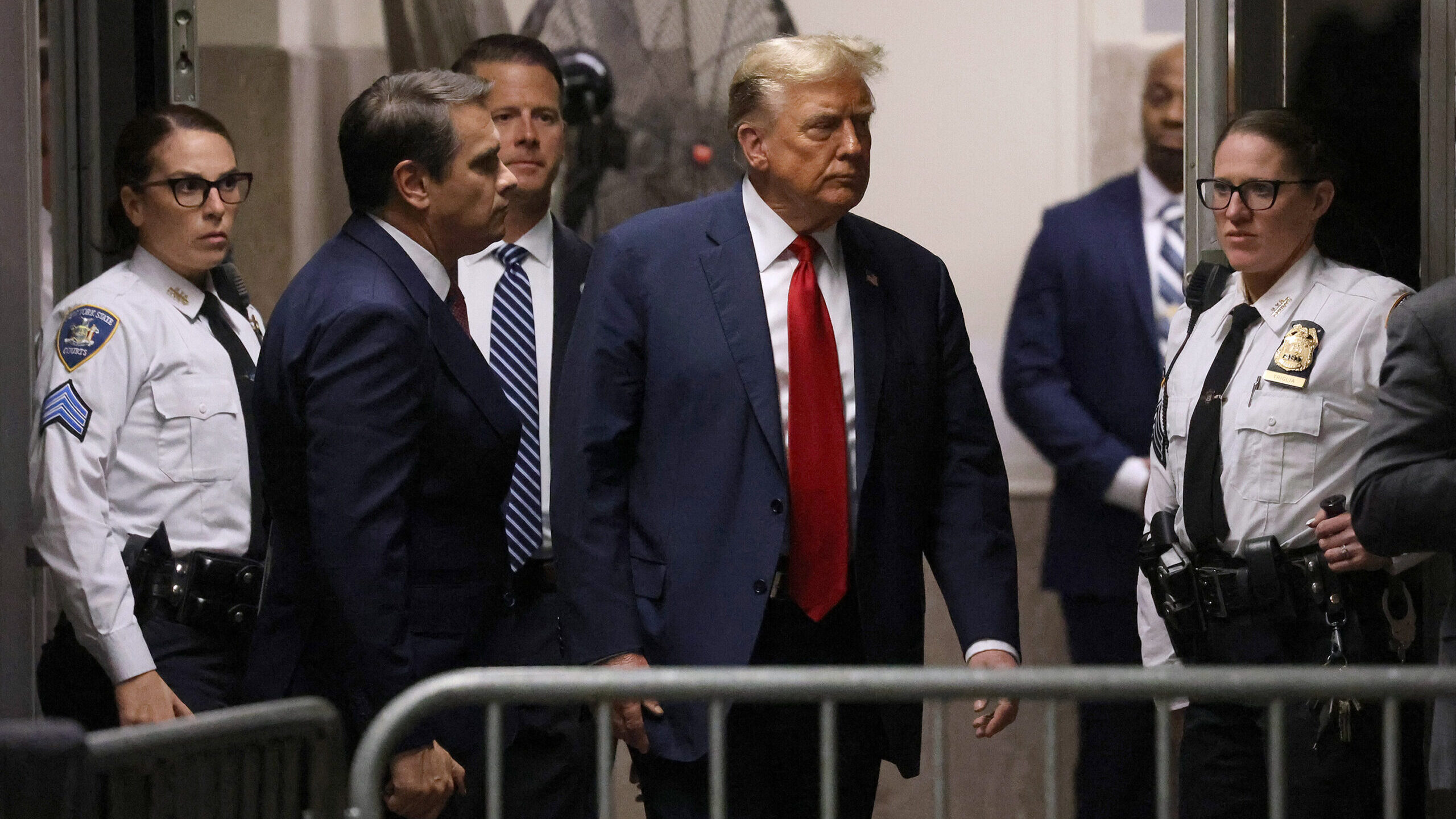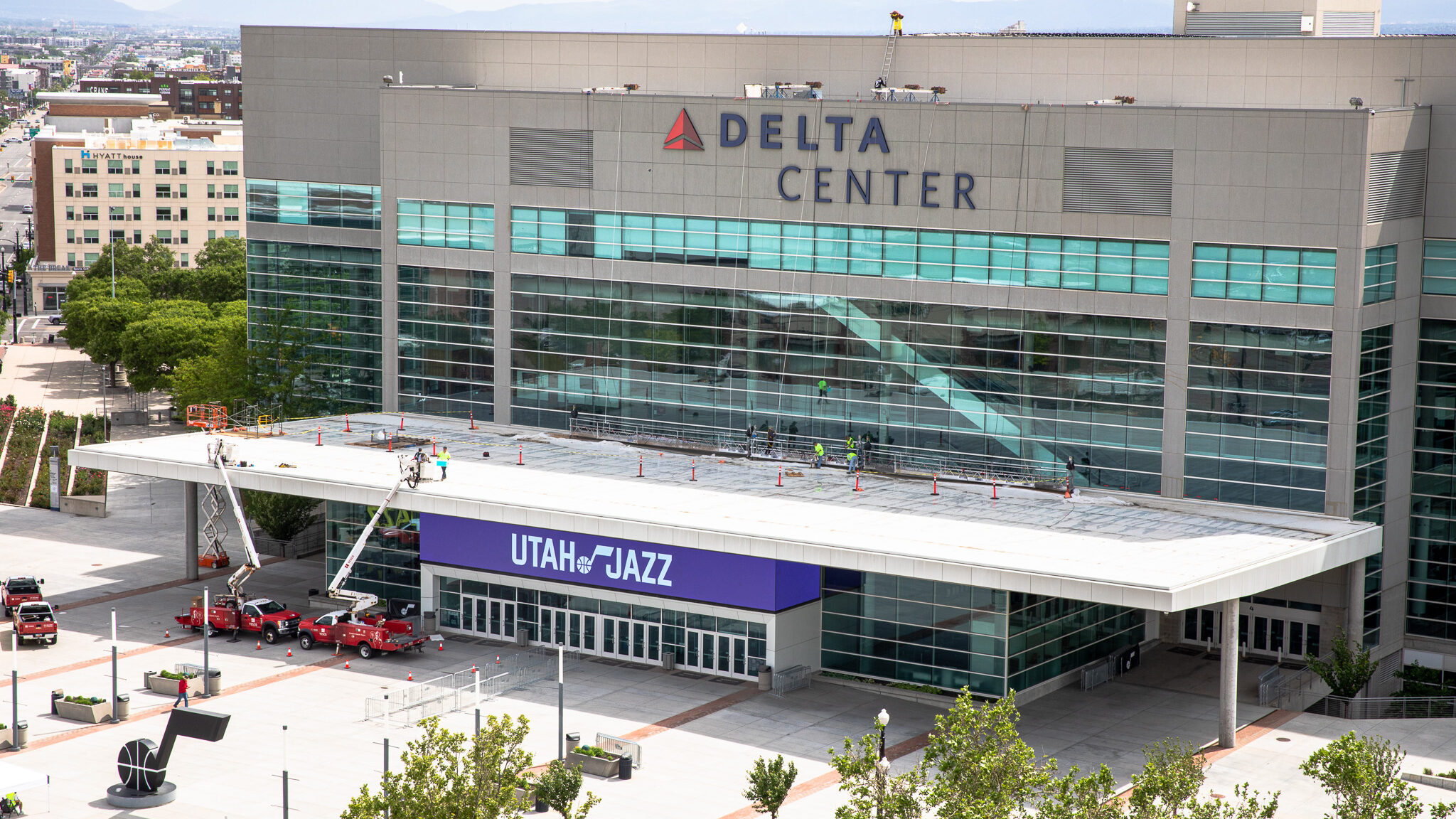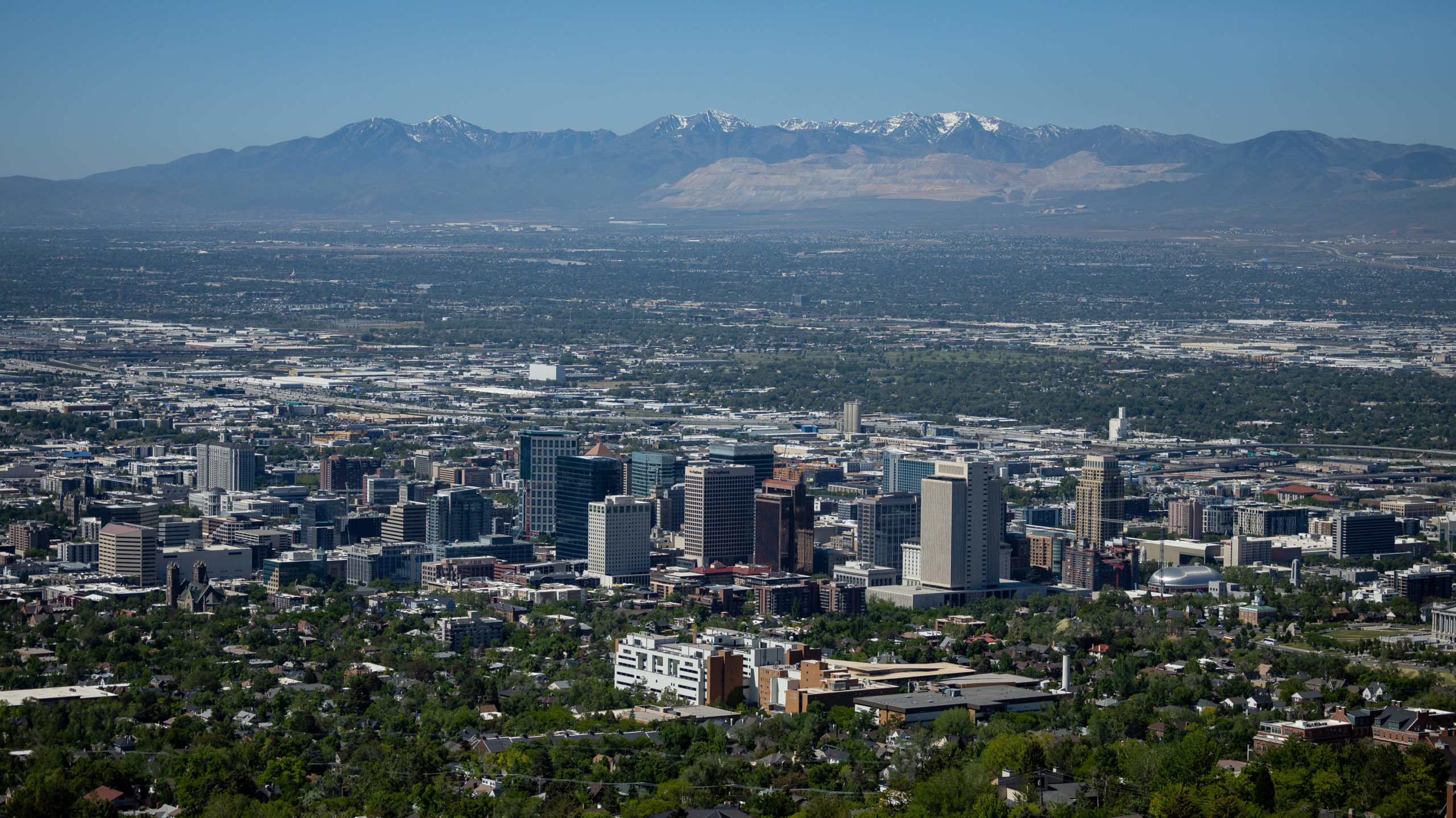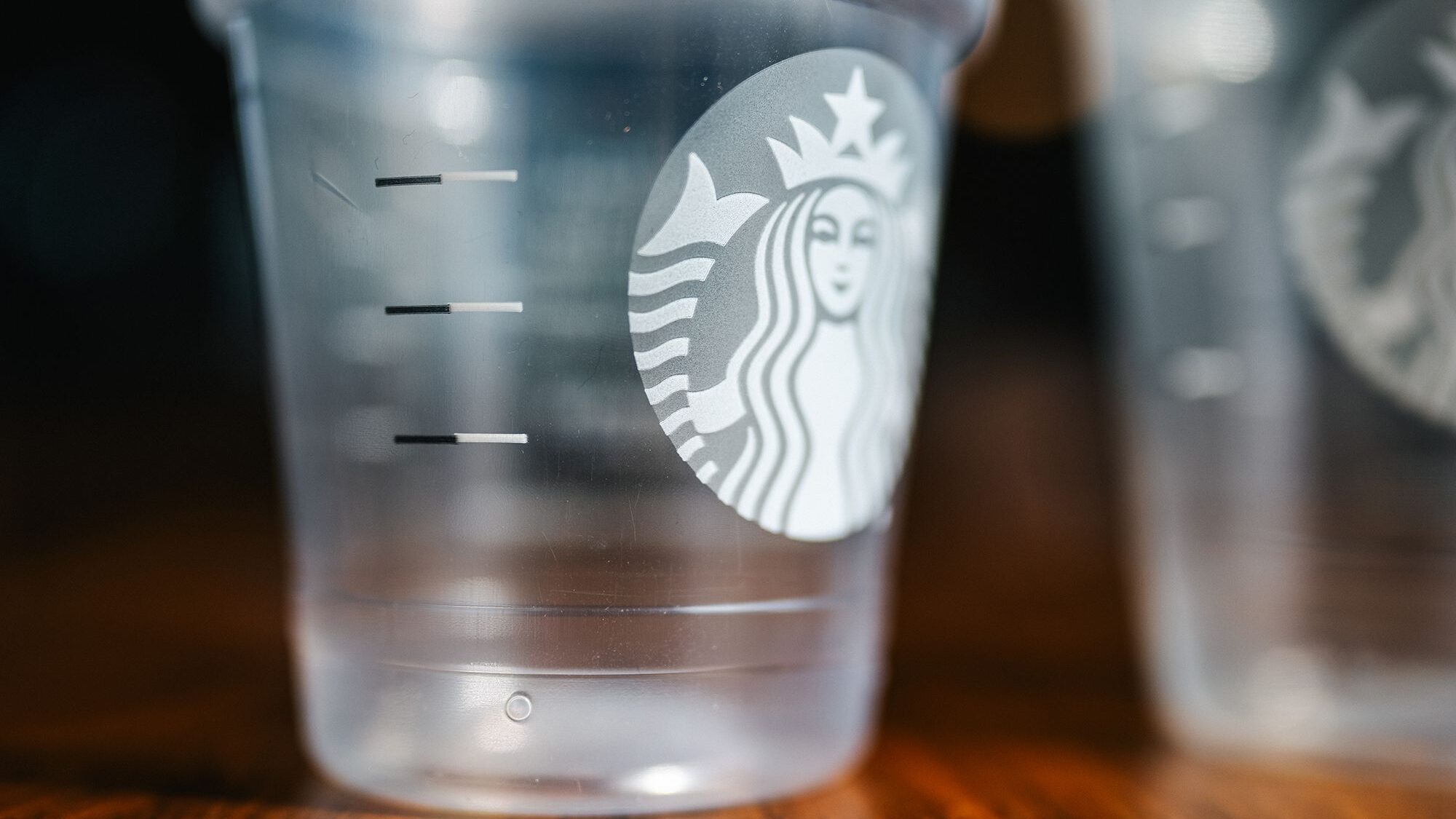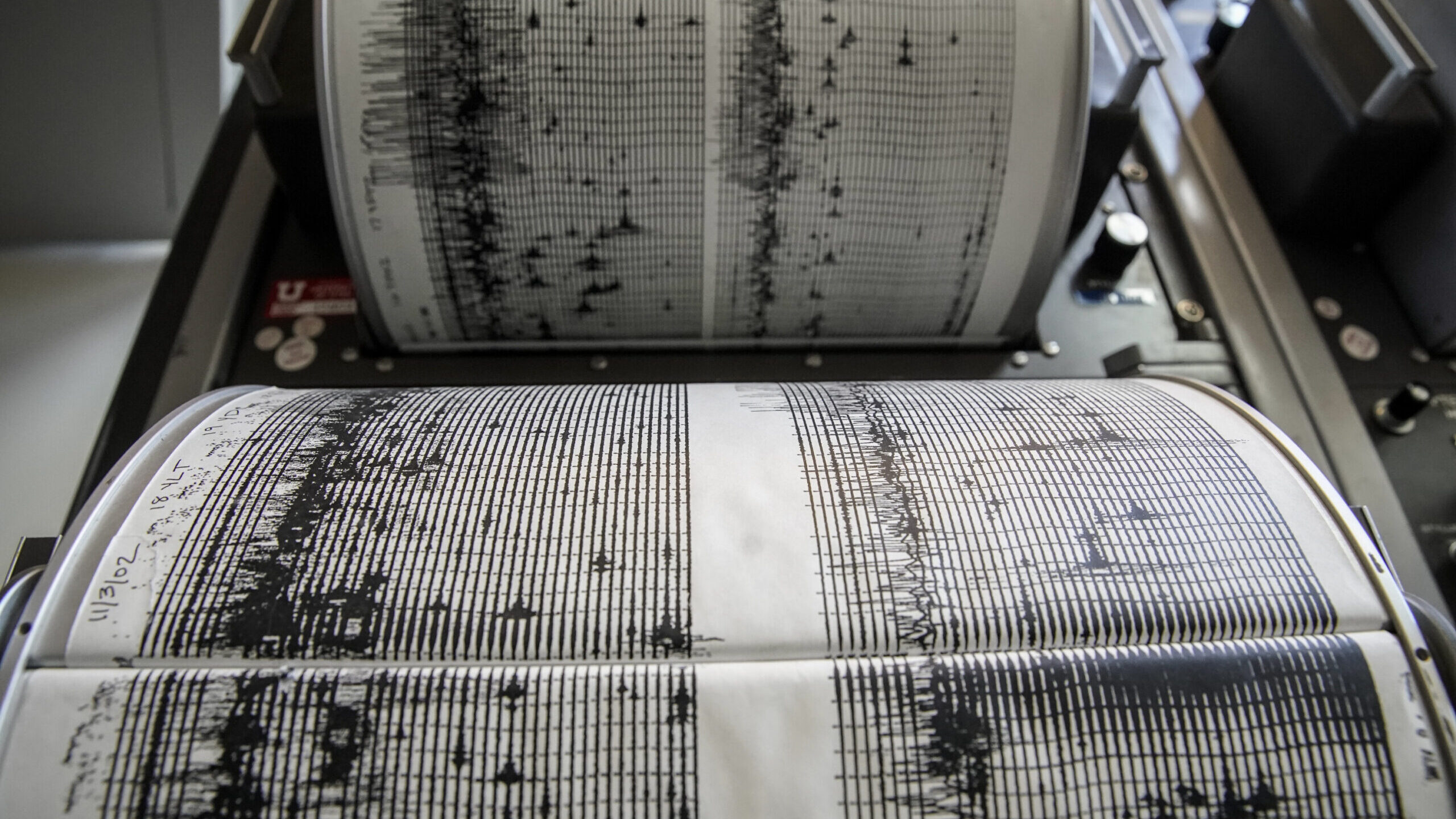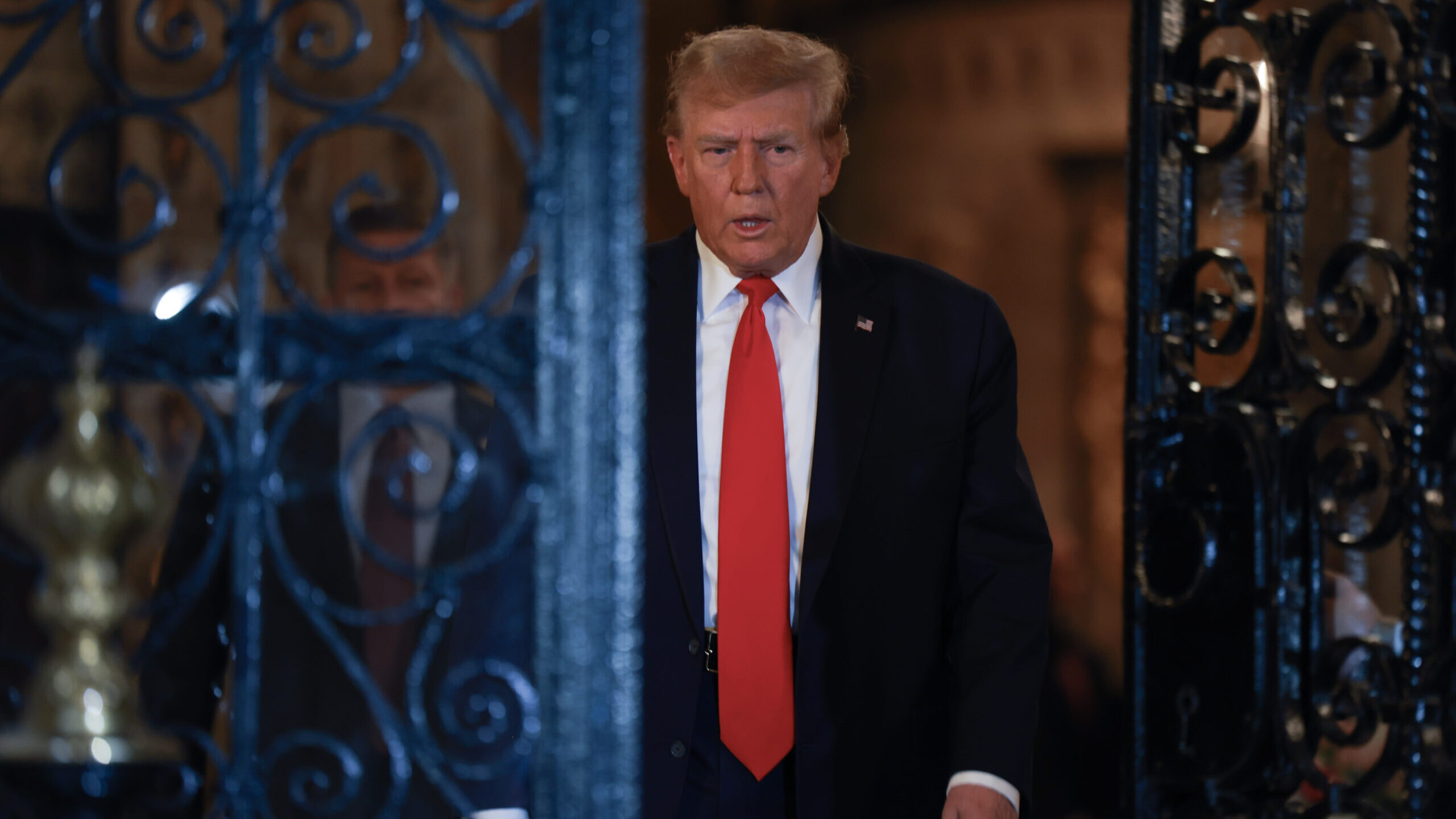BYU Study: What’s affecting people’s willingness to get a coronavirus vaccine
Oct 13, 2020, 3:45 PM | Updated: Aug 2, 2022, 12:36 pm
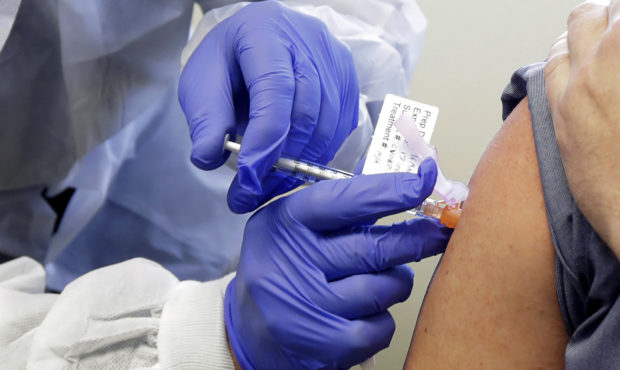
FILE - In this March 16, 2020, file photo, a subject receives a shot in the first-stage safety study clinical trial of a potential vaccine by Moderna for COVID-19, the disease caused by the new coronavirus, at the Kaiser Permanente Washington Health Research Institute in Seattle. According to results released on Tuesday, July 14, 2020, early-stage testing showed the first COVID-19 vaccine tested in the U.S. revved up people’s immune systems the way scientists had hoped. The vaccine is made by the National Institutes of Health and Moderna Inc. (AP Photo/Ted S. Warren, File)
(AP Photo/Ted S. Warren, File)
PROVO — New research from BYU looks at whether or not people will get a vaccine for the coronavirus, and what may be standing in their way.
“It is critical that we understand the potential barriers to vaccine uptake prior to the release of a COVID vaccine,” Jamie Jensen, a BYU professor of biology and study co-author.
“By understanding these barriers, we can design publicity strategies that will speak directly to the potential issues and hopefully get out ahead of any public dissent. With a vaccine being the most powerful weapon we have to end this global pandemic, the knowledge from this study is absolutely critical.”
As part of their study, researchers found there were two major issues surrounding people’s willingness to receive a vaccine. The first was a personal hesitancy or mistrust of vaccines in general, and the second was how that individual saw the vaccine’s potential for potentially ending the pandemic’s effects.
Messaging and education ahead of a coronavirus vaccine
Dr. Brian Poole, associate professor in BYU’s microbiology and molecular biology department says those are both things that are important to understand when informing the public about a potential COVID-19 vaccine and vaccines in general.
To the first point, Poole says that it makes sense that someone who is skeptical about vaccines in general would be skeptical about a vaccine for the coronavirus.
“That doesn’t sound really revelatory, but that was the largest thing that popped out in the analysis. And what that tells us, I think, is that we can’t just talk about the covid vaccine and we need to talk about all vaccines and do a better job about educating about vaccine safety in general,” he said.
His second big takeaway from the study was how helpful people saw the vaccine as potentially ending all of the pandemic’s effects.
“The more people felt that the virus was damaging America, the more they felt it was a large American problem, the more likely they were to get vaccinated,” said Poole. “And what that shows us, is that people are willing to do something if they think it will help the country.”
Throughout the study, researchers did not find any political ideologies connected to vaccine willingness or unwillingness.
The study also asked about the length and type of vaccine trials.
Poole said when given a choice, more people said they were willing to get a vaccine in the next 6 months than in the next 30 days.
“Timing is important. The longer the testing goes on, the longer people have confidence in the vaccine,” he continued.
This week a second vaccine trial was paused after an unexplained illness appeared in one of the participants while hundreds continue. Poole said the public can feel confident in watching science unfold right now because the final vaccine will have gone through this rigorous testing process.


